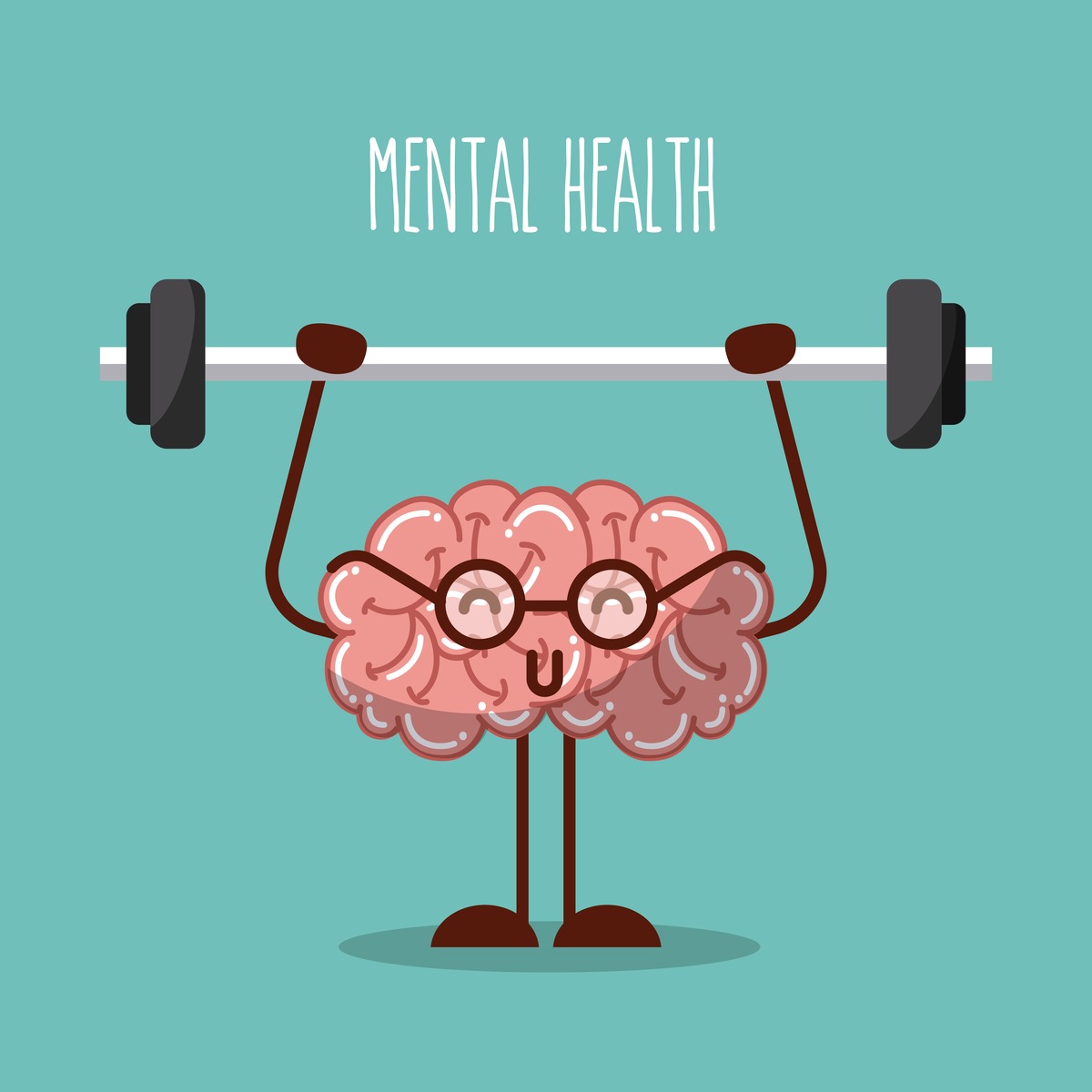Traditional strength training has long been equated with ripped bodies and raw physical strength. But increasing studies and anecdotal evidence are uncovering a greater truth: the barbell is as much a instrument of mental fortitude as it is muscle. From alleviating anxiety to building concentration, strength training is emerging as a valuable resource for the pursuit of mental health.
Mental Well-being Highlights
Resistance training releases endorphins, the body's natural mood boosters, which work to counteract stress hormones such as cortisol.
Regular resistance training has been shown to reduce symptoms of depression and anxiety, a helpful addition to regular care.
The formalism of strength training offers a feeling of mastery and control, which can be extremely anchoring during times of emotional distress.
Cognitive and Emotional Benefits
More advanced lifts that require coordination and focus—like deadlifts or squats—engage the brain and improve cognitive function in the long term.
Strength training increases neuroplasticity, which helps promote better memory, focus, and decision-making.
The peaceful cadence of lifting, combined with control of breathing, has a soothing effect comparable to mindfulness meditation.
Self-Perception and Confidence
Strength training improvement—either lifting heavier weights or performing form—increases self-efficacy and boosts self-esteem.
The concrete and tangible nature of gains promotes a growth mindset, and individuals are more confident in other areas of life.
To all of us, the gym is a sanctuary—a setting where mental chaos is exchanged for function and clarity.
Sleep and Stress Recovery
Resistance training has been linked to improved sleep quality, which is needed for emotional regulation and mental sharpness.
Healthy sleep strengthens the brain to better process emotions, handle stress, and remain resilient.
The physical stress of strength exercises also serves to release accumulated tension, providing a healthier release of stress. Social and Lifestyle Influence
Group training environments or fitness clubs foster social bonding, and it is among the protective factors against depression.
The strength training discipline and routine will generally overlap into improved eating, time management, and goal-establishing behaviors.
For survivors of trauma or burnout, strength training is a tangible way of taking back control of their body and mind.
Conclusion Strength training is no longer merely about looks or athleticism—it's a mind-body practice that feeds brain and body. With mental illness on the rise, weightlifting can be one of the most empowering and accessible tools to construct not merely muscle, but mental strength.
Sources: IBX Fitness, MUI Fitness, Compendi.com, Harvard Health Publishing, Psychology Today
